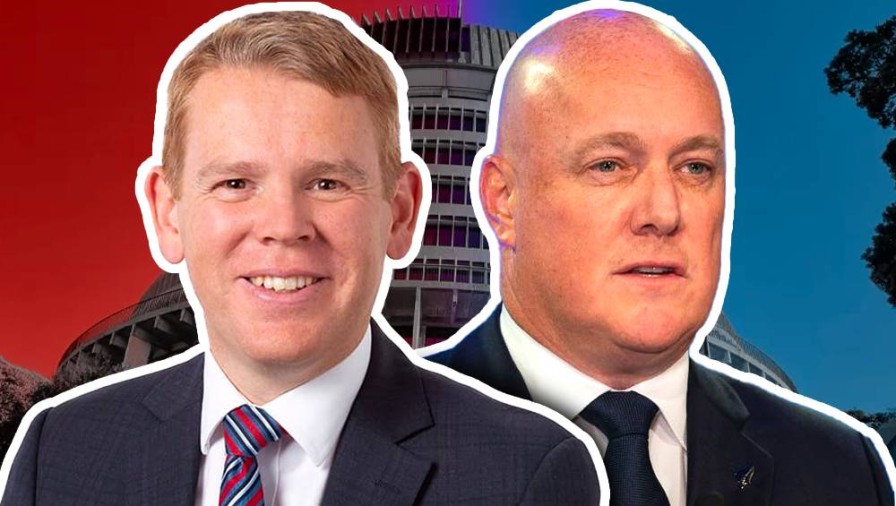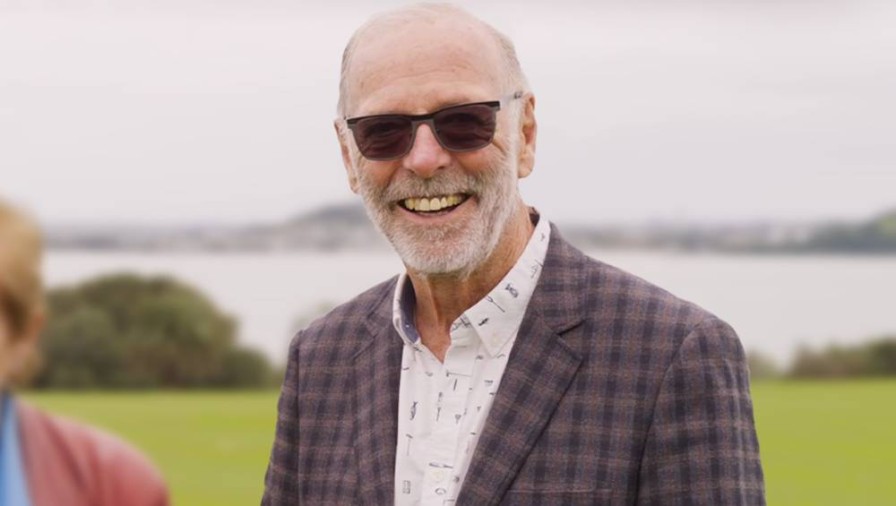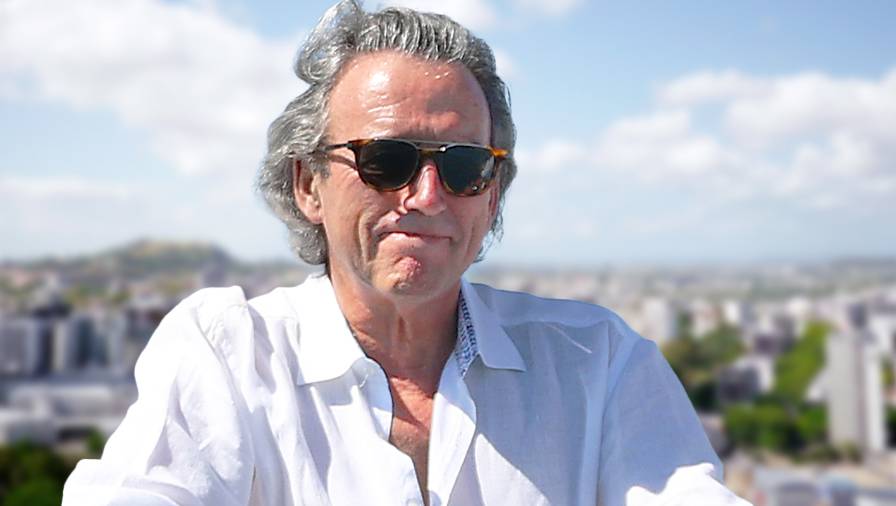TV debates, TV polls, Auckland's plan and out of recession
ANALYSIS: The latest poll continues to show strong support for centre-right parties.
WATCH: NBR political editor Brent Edwards speaks with Grant Walker.
ANALYSIS: The latest poll continues to show strong support for centre-right parties.
WATCH: NBR political editor Brent Edwards speaks with Grant Walker.
It took TVNZ nearly a day to fact check its first televised leaders’ debate of the election campaign.
In its analysis – carried out by Auckland University’s Public Policy Institute – it found National Party leader Christopher Luxon was the main offender when it came to making false claims during the debate.
Yet most political pundits – and NBR presenter Grant Walker is one of them – think Luxon won the debate, mainly on the basis that National is ahead in the polls and Labour leader Chris Hipkins needed to do more to turn his party’s fortunes around. The fact he did not, even if he held his own, had him labelled the loser.
No immediate analysis of policies, just a focus on performance. But television performance by either leader will not deliver better health care or education, reduce the crime rate, alleviate cost-of-living pressures or deal with the ever-looming climate emergency.
Walker wonders whether anyone believes in policy anymore and there might be a kernel of truth in that. There is a perception voters are even more cynical than ever and this week’s anodyne debate was unlikely to have changed that.
For the record the PPI found Luxon was largely wrong to claim the foreign buyers’ tax would bring in $750 million. It also found he was false to say no GST savings in fruit and vegetables would be passed on, given the Grocery Commissioner would monitor prices to ensure they were, although that could actually be debatable. Luxon wrongly claimed that Labour had not implemented the circuit breaker initiative for young offenders when it had, that National supports school lunches for all, when it in fact supports the current policy of targeted support, that National invented ‘by Māori, for Māori’ when it had been used by Māori thinkers for decades before and that every single health outcome had gone backwards under Labour, when in fact most – such as general mortality, cancer deaths, maternal health – had remained the same or improved.
In Hipkins case it found it was half-true for him to claim National’s tax cuts would make inflation worse. That would depend on overall government spending.
It seems remarkable that much of this could not have been checked during TVNZ’s interminably long ad breaks during the debate and then both leaders – but particularly Luxon – could have been asked to explain their earlier responses.

A fact checking exercise found National leader Christopher Luxon made more false claims than Labour leader Chris Hipkins.
The following night 1News released its now weekly poll result which showed both National and Labour down slightly – to 37% and 27% – from the previous week’s poll. Of course, much was made of the movements, when in fact they were largely within the margin of error of the poll and if anything showed nothing had changed. Based on poll results stretching out a number of weeks and months now – and including other polls – the most likely outcome after the election is a National-led government.
Will National, though, just require the support of Act or will Luxon have to pick up the phone to New Zealand First leader Winston Peters the day after the election? You can imagine how that conversation will go if it occurs.
Yet National and Act cannot – as Act leader David Seymour told NBR early in the campaign – count their chickens just yet. Just a few percentage point changes in the numbers could leave their chances of forming the next government on a knife edge.
Meanwhile, as the political parties continue to push their claims to form the next government, Auckland Mayor Wayne Brown has drawn up a manifesto to help the city grow and called on political parties to stop meddling in its affairs. He has sent the manifesto to all parties and called on them to make a long-term commitment to work in genuine partnership so the city’s priorities could be addressed.
“I have put together a plan to turn things around for both Auckland and New Zealand’s sake. So, to whoever forms the next government let’s make a deal to fix Auckland and drive it forward,” RNZ reported Brown as saying.
Of course, that would mean Labour, for instance, dropping its light rail plans and other large transport initiatives. National might be less pressured to make changes. But whichever parties do form the next government they will still have an intense interest in what happens in Auckland, given public infrastructure developments will still need a fair amount of central government funding and broader objectives such as driving productivity and economic growth, while cutting greenhouse gas emissions, have effects beyond just the city of sails.

Auckland Mayor Wayne Brown has a message for Wellington.
But back to opinion polls and one which caught Walker’s attention was the one for Wellington Central, the seat Finance Minister Grant Robertson has held since 2008. But this year he has elected to go on the list only and other high-profile candidates – the Greens co-leader James Shaw and National Party deputy leader Nicola Willis – are not standing in the seat this election. It means there is a trio of largely untried and unknown candidates, with Labour list MP Ibrahim Omer trying to replace Robertson as Wellington Central MP, while the Greens have Wellington City councillor Tamatha Paul and National Scott Sheeran as their candidates.
A recent Newshub poll had Omer on 30.6% support, Sheeran just behind on 28% and Paul only just trailing him on 26.6%. The poll indicates that potentially Labour and the Greens could split the electorate vote to enable Sheeran to sneak through and win the seat, which Robertson won with a majority of 18,878 over Willis at the last election.
At the same time NBR Lister Graeme Hart has donated $700,000 – either personally or through his company Rank Group Ltd – to parties on the right of the political spectrum, including $400,000 for National and $200,000 to Act. Tellingly – and maybe Hart has been keeping an eye of the polls – he has also given $100,000 to New Zealand First, perhaps as an insurance policy in the event that National and Act fall short of being able to form a government together and need Peters’ help.
When it comes to money Peters has also issued a warning to both Labour and National, saying neither party can afford the promises they have made during the election campaign given the state of the Government’s books. He is promising a mini budget before Christmas to haul in public spending. Act too released an updated alternative budget and scaled back its tax cut plans.

NBR lister Graeme Hart has been a generous donor to National, Act and New Zealand First.
This week Statistics New Zealand revised its GDP figures to show New Zealand avoided recession earlier in the year and that in the three months to the end of June the economy grew 0.9%, or 3.2% for the year.
It sparked an immediate press release from Finance Minister Grant Robertson saying the numbers confirmed the economy had turned a corner.
“The economy is doing better than expected,” Robertson said.
Seymour was not so impressed, saying while the economy might be technically out of recession the next few years would be grim. Willis was equally dismissive.
Brent Edwards is NBR's political editor.
Sign up to get the latest stories and insights delivered to your inbox – free, every day.